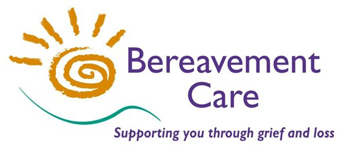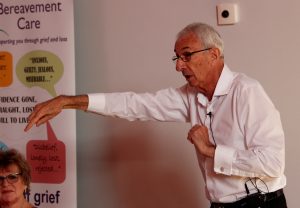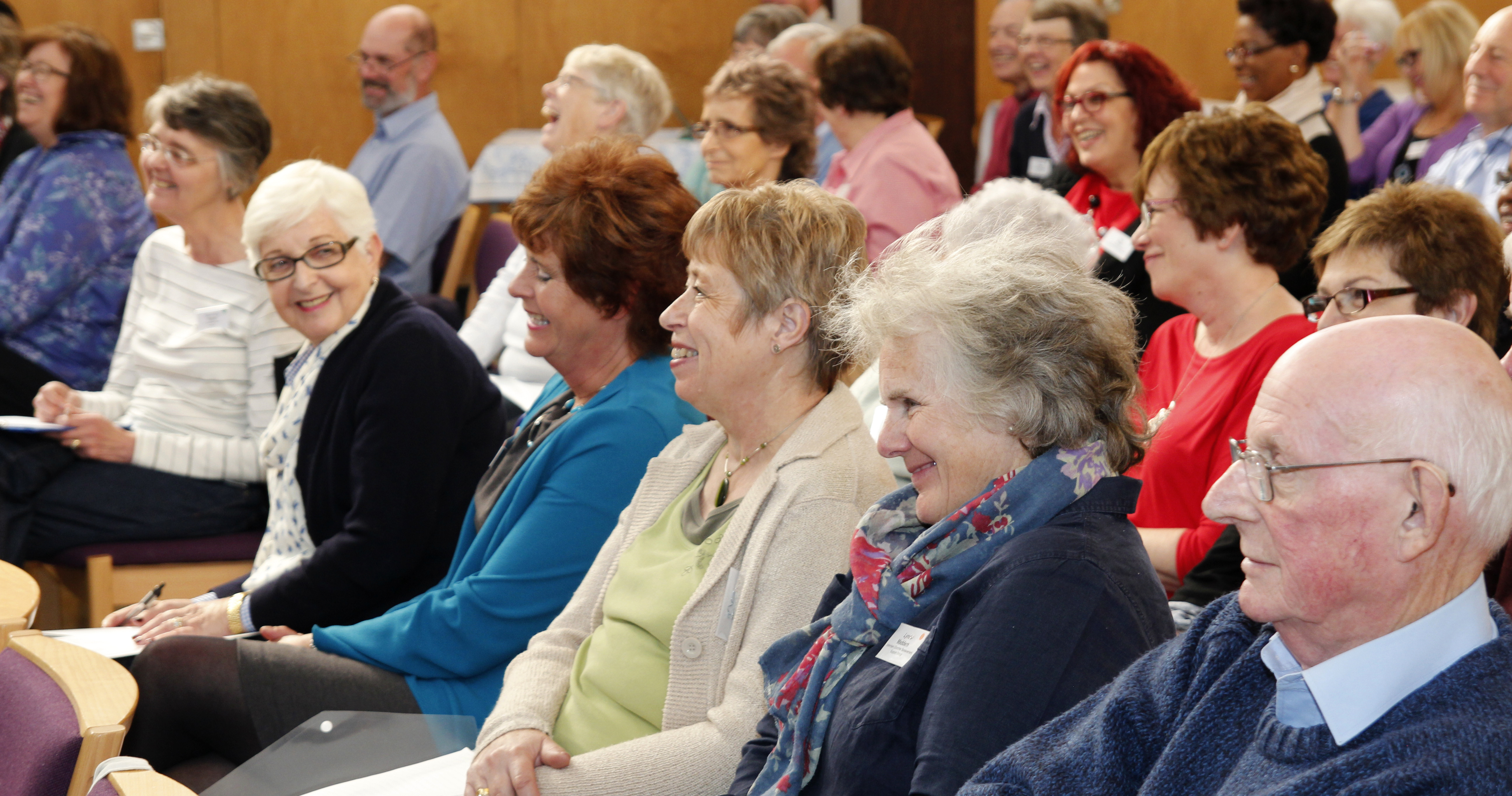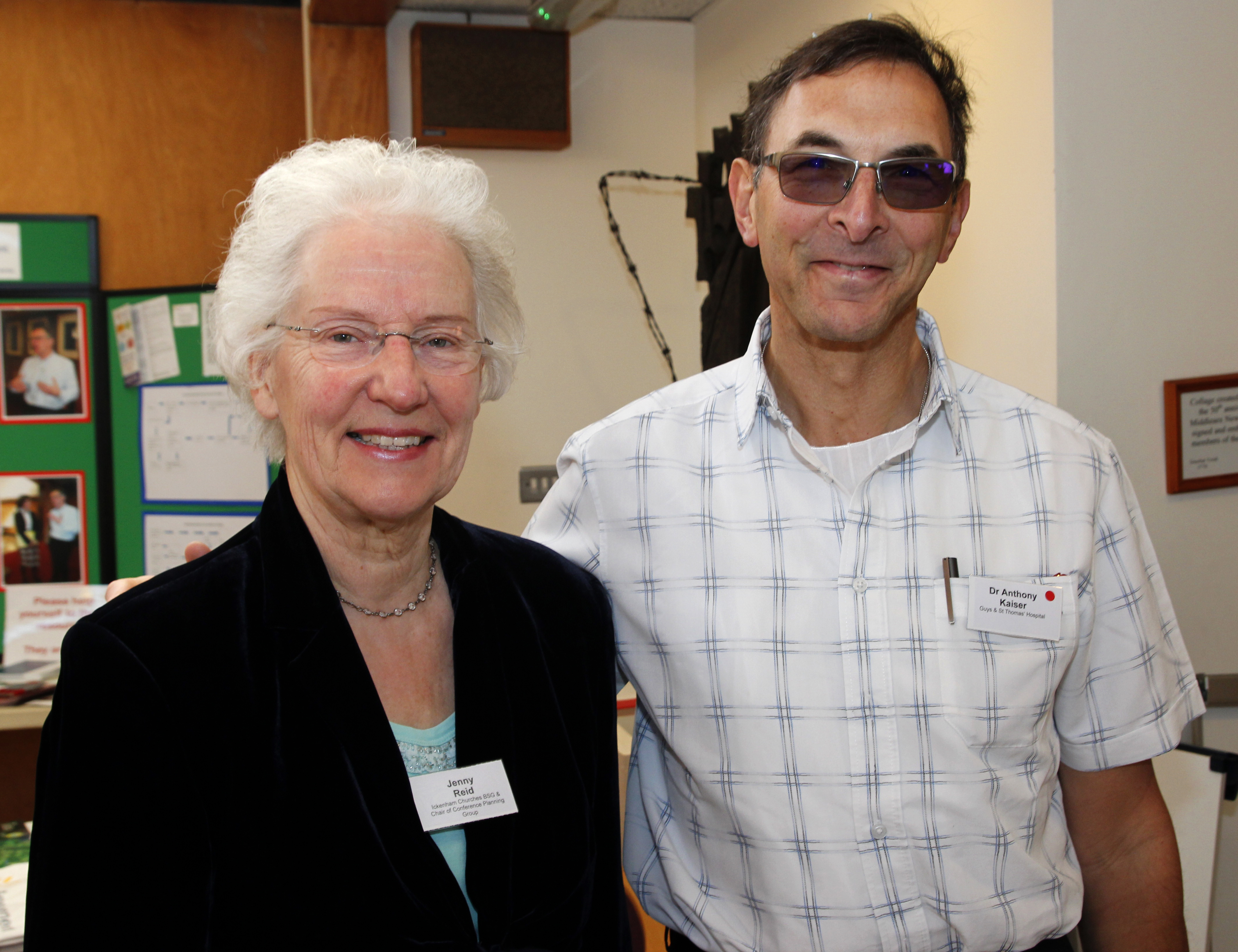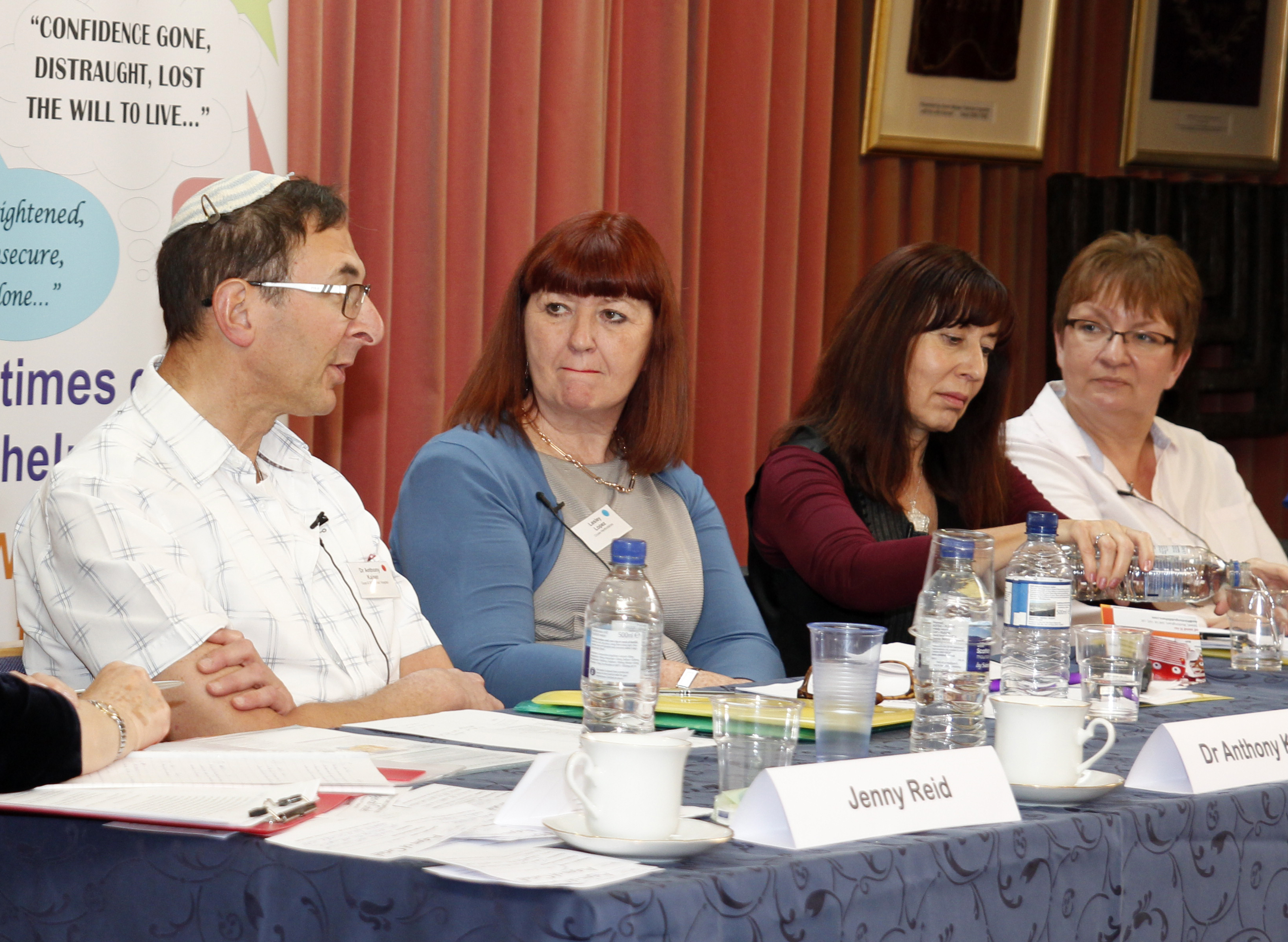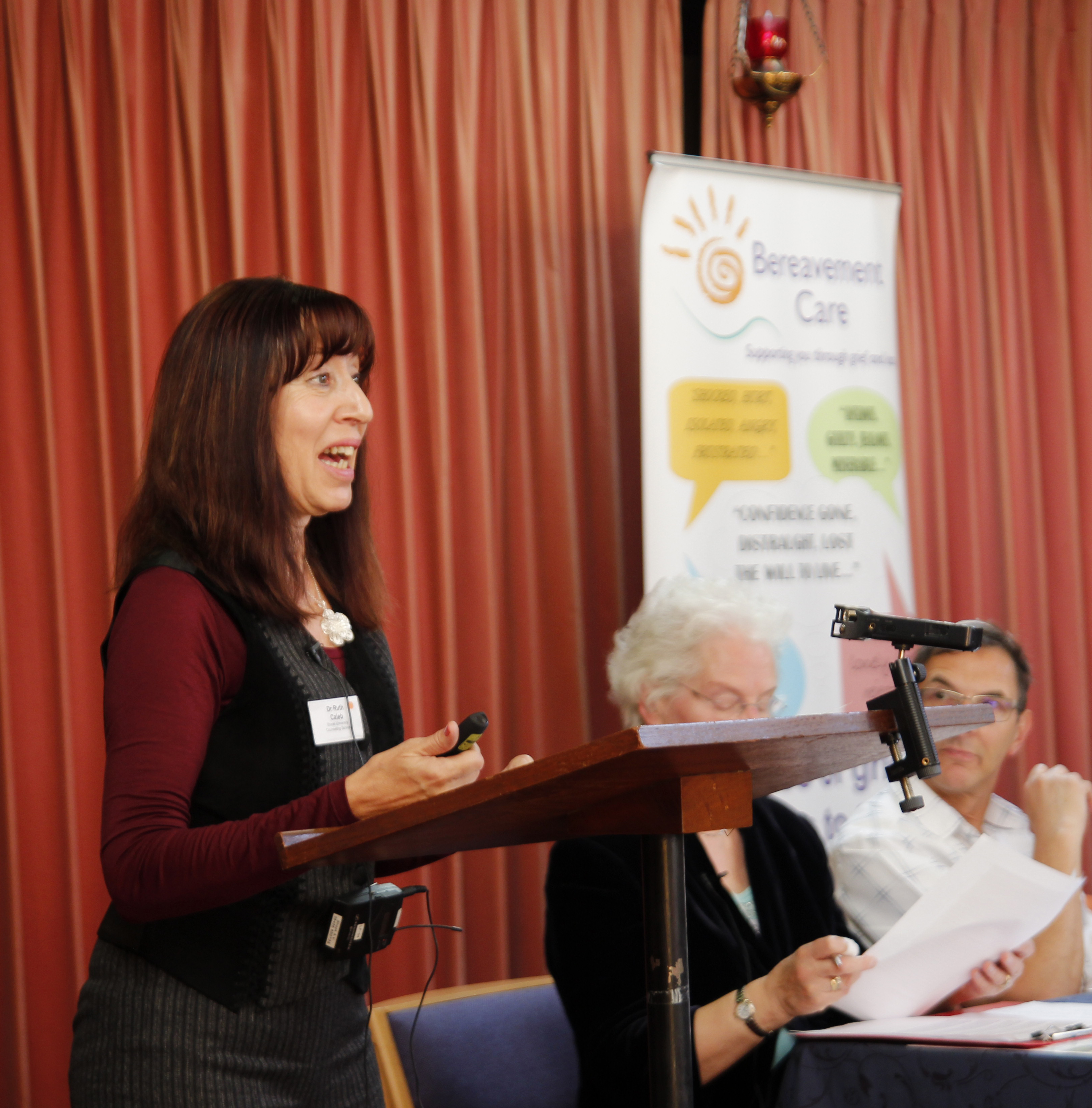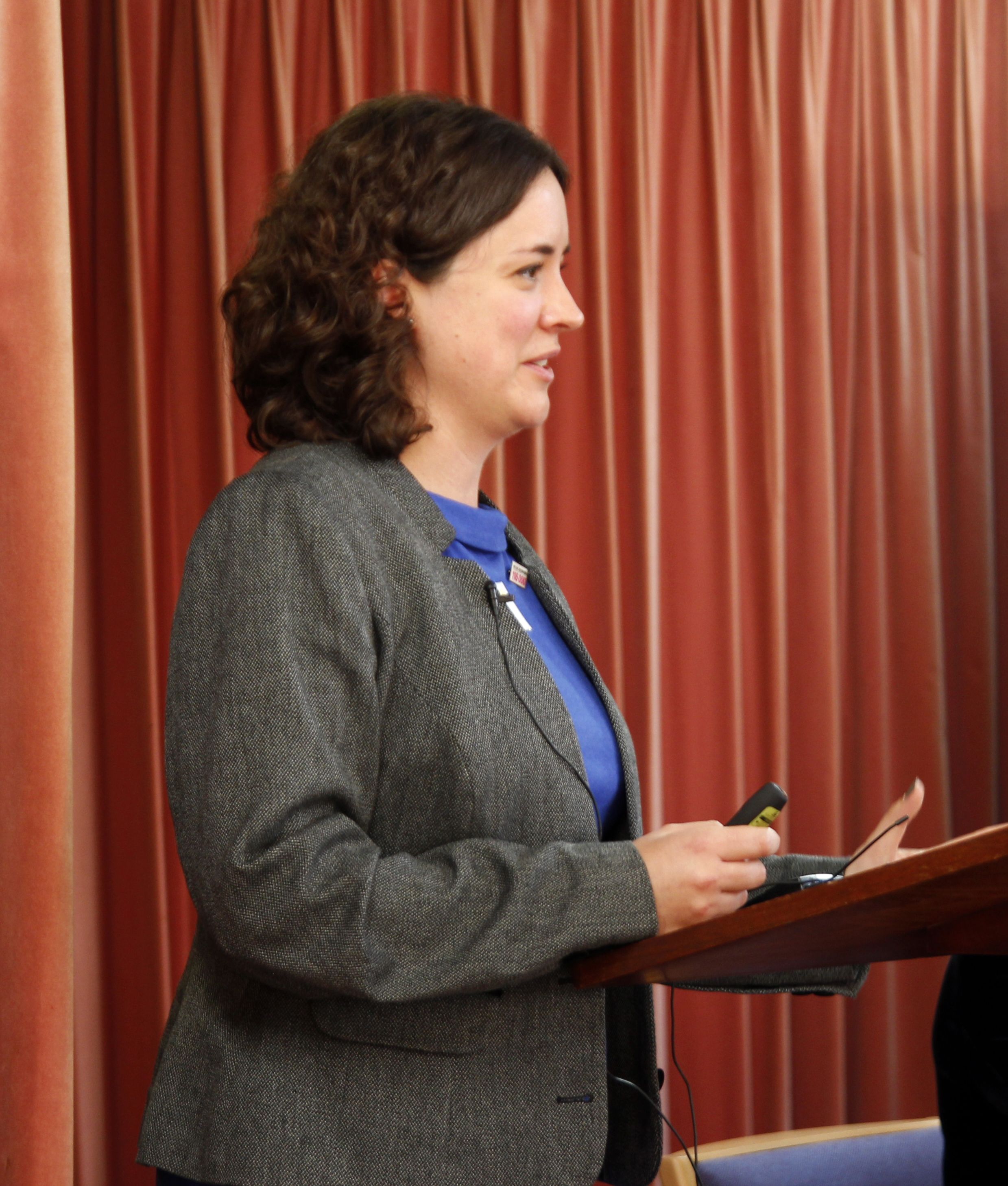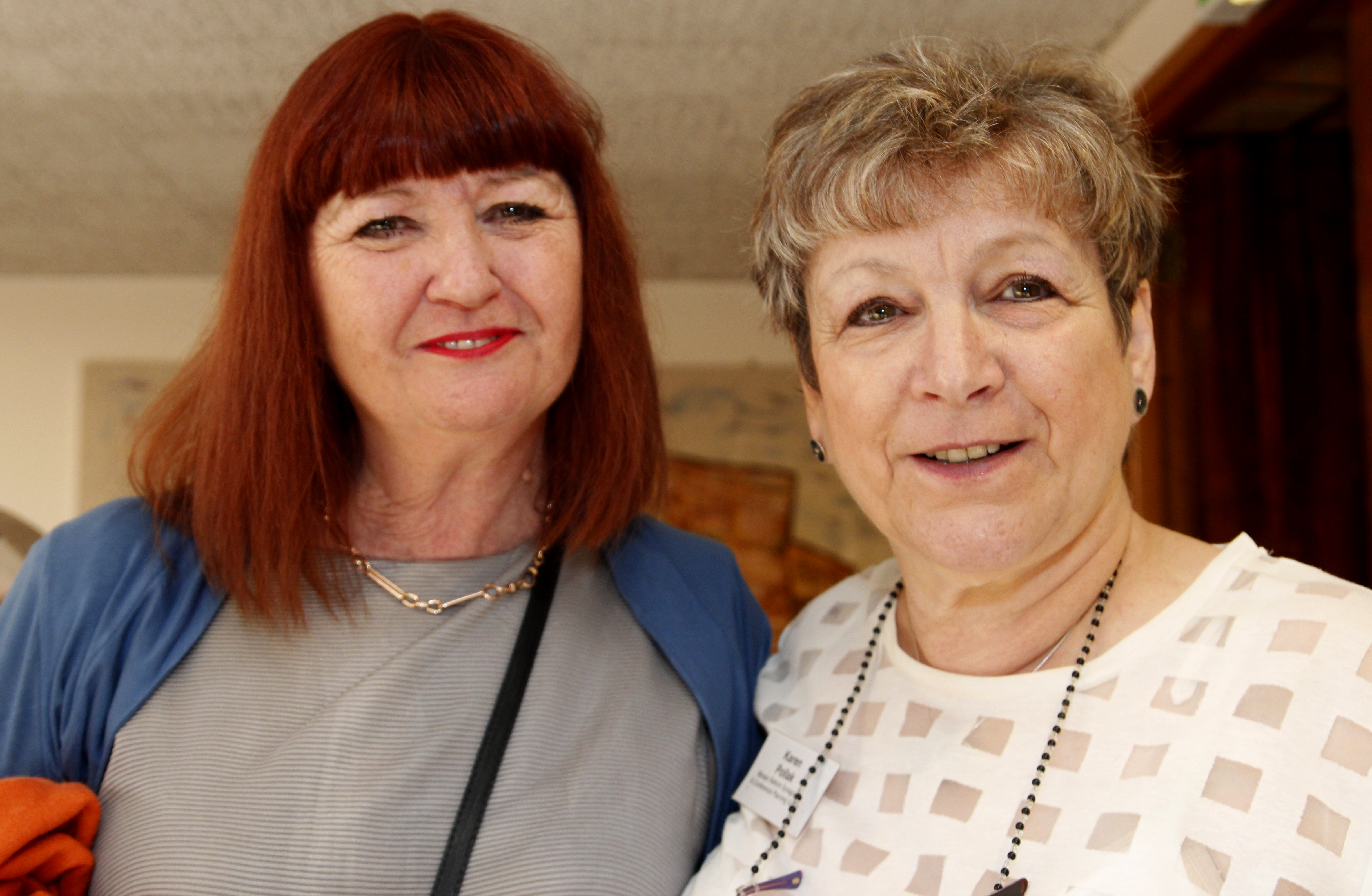It’s a Long Journey
The length and complexity of prolonged grief.
40th Bereavement Care Conference
This Zoom Conference Webinar took place on Wednesday 20th October 2021. After a brief introduction by Judy Silverton (Chair, Conference Planning Group), the first of the speakers began with a short PowerPoint. Dr. Robert Freudenthal is a registrar in psychiatry, currently completing the final year of his training in general adult and old age psychiatry in North London. He is also pursuing further training at the institute of Group Analysis and has facilitated psychotherapy, reflective practice and psycho-education groups. He has worked in a variety of NHS mental health settings, including psychosis, personality disorder, eating disorder, older adult, and crisis services. Rob is also chair of Kehillah North London synagogue and is acutely aware of the key role community organisations have in protecting our mental health.
After the presentation, conversation with Judy Silverton and Q & A session, there was a short interval, marking 40 years of bereavement support in the local area.
This was followed by two presentations. The Revd. Giles Pinnock is the Head of Spiritual & Pastoral Care at Imperial College Healthcare NHS Trust. He is the Roman Catholic Archbishop’s Advisor on Health and Wellbeing in the Diocese of Westminster. He spoke about the role of Hospital Chaplains; in particular, noting that in this setting, there is less emphasis on prolonged grief, but more on the immediacy of support (often at very short notice). Events surrounding deaths in hospitals are often related to sudden and unexpected circumstances, and therefore grief may indeed take some considerable time to be addressed.
Sharon Merchant is Child Bereavement UK’s Regional Lead for the London Region. Prior to working for Child Bereavement UK, Sharon was Counselling Lead at Harlington Hospice. Her contribution considered grief from the perspective of a child/young person. Involving them in the death of a sibling, parent, family member or friend from the early stages of bereavement is important, even if their understanding of the events may not be fully realised until many years later.
Angela Atkins (a member of the Conference Planning Group) led the Q & A session that followed. The event was completed with a short message from Bereavement Care’s Vice-chair, Bobbi Riesel; and a Reflection from former Chair of Bereavement Care, Jack Lynes.
You are welcome to view the Conference Webinar here. If you were a delegate on the day, you will have paid (£25 / £35) to be part of the “live” audience. However, if you are viewing for the first time, a donation towards the work of Bereavement Care would be much appreciated. You can donate using the DONATE button at the top right-hand corner of our web-site. Thank you.
When Covid Strikes
39th BEREAVEMENT CARE CONFERENCE 2020 by Jane Harrison
GRIEF with the volume turned up. That is what we have been facing during this terrible pandemic.
Those were the words we could all empathise with spoken by Julia Samuel, MBE, a leading psychotherapist and founder of Child Bereavement UK. She was speaking to over 200 delegates from all faiths and none, healthcare and bereavement professionals, and many volunteers at the 39th Bereavement Care Conference, entitled When Covid Strikes, held for the first time via zoom on November 4.
She spoke about how crucial it was to grieve “naturally” with family and friends at the graveside and receive ongoing physical support. She said: “This has been dulled down dramatically. Grief being suspended is much more likely, the fury and confusion much more heightened.”
She compared the Covid deaths to a traumatic or sudden death where you have to deal with the trauma before the grief. She said: Grief often feels like fear and the connection with other people like a hug really helps.”
Julia said zoom was better than nothing as people pick up 70% of feelings from one’s face. It was helpful to give clients coping mechanisms and stressed the importance of breathing as well as physical exercises.
She said: “The main thing you can offer is humanity, a willingness to sit with someone. When someone voices what they are thinking it takes some of the tension away from it.”
She said young people were more emotionally literate and partly, thanks to social media, able to “name what is going on. Help them acknowledge their distress. Then you can build a set of behaviours and habits that help build resilience.”
The Webinar was opened by Hillingdon Mayor Cllr Teji Barnes who said that Bereavement Care was another level of the front line and had coped admirably in the face of the pandemic.
She said: “I want to thank you for all your time, effort and unconditional care to people who are suffering. What you do is second to none.”
Conference members and speakers were welcomed by Judy Silverton, from Mosaic Reform synagogue and Chair of the conference planning group.
Rabbi Aaron Goldstein, senior rabbi at Northwood and Pinner liberal synagogue, said youngsters were concerned with loss: grandparents who have been involved in bringing them up can’t hug them, the structure of school has broken down, they can’t be with friends.
He said: “can they follow their dreams, go to university, have a career? Rather than impose our thoughts we should listen to them, ask questions. We are in a pandemic. Death is a word we need to explain, not use euphemisms. We also need to celebrate life.”
Paul Parsons, adult bereavement services co-ordinator at St Christopher’s hospice, spoke about the dual process model and Covid.
He said when you are bereaved you tend to veer between loss orientated grief which is more emotional where you might avoid social contact to restoration grief where you want to move on, show a stiff upper lip.
He said: “Neither is healthy if it’s only one or the other. If we can oscillate between the two we can be more resilient but Covid is similar to an unnatural death like murder or suicide hampering the grieving process.”
He said it was important to be pro-active, for communities to reach out and take advantage of the new online way of working, to give peer support. He said: We have to adapt our services to meet the needs of the community.”
Ummi Merali, an internationally renowned scholar and teacher with a background in Islamic education, said:” Grief is chaotic. There is no expiration date. Covid has taken away the comfort of skin to skin contact. People have been told over the phone their loved ones have died and they haven’t been able to say goodbye.”
She spoke about the pain of holding grief in and how it can eat away at someone, adding: “It’s OK to cry and reach out. Everyone is entitled to their emotions. You must validate someone’s grief.”
She suggested virtual hugs, encouraging someone to make positive memories about their loved ones and to “forgive the person who has died and yourself.”
Ruth Caleb, a wellbeing consultant and former head of counselling at Brunel University, spoke about the importance of caring for carers. She said barriers to self-care was lack of self worth and that it was against our instincts to care for ourselves.
She added: We cannot solve everyone’s problems. We are not indispensable. If we take care of ourselves we can offer the best care to others. Put our own oxygen mask on first.”
If you would like to watch the full webinar, please follow this link.
HEAR HEAR!
Exploring the Art of Listening
A conference for bereavement visitors, counsellors, clergy, family support workers, healthcare professionals, community leaders, teachers and learning support assistants.
38th Annual Conference
Men and women fundamentally listen differently, the 38th Annual Bereavement Care Conference was told.
Not surprisingly this was greeted with knowing smiles by the predominately female members from synagogue, church and inter-faith groups. Spelling out the differences was keynote speaker, Emmanuel Aharoni, a former accountant and recruitment consultant and later, before retiring, a management consultant, specialising in behaviour in the work place.
The conference, which has been for several years usually held at Mosaic Reform Synagogue in Bessborough Road, was held for the first time at St Helen’s School in Northwood on October 30. The theme was Hear Hear! Exploring the art of listening.
Mr Aharoni said: “When I told my wife I was going to talk about listening, she laughed and said you never listen to me.
“Most men can’t talk and listen at the same time and women can. From my experience I discovered that listening is taught least and used most.”
He said research in the USA had shown this is because the brain works differently in men and women and is the same reason women are better at multi-tasking.
He added that it was really hard to listen properly. He said: “You have to pick up what’s not said, tone, pitch, emotion. You will generally pick up the right emotion from (spoken) words which you won’t get in texts and emails.”
He said there were similarities between recruitment and bereavement visiting. In both cases you need to ask open questions, avoid interruptions and use open and encouraging body language.
He said: “Don’t assume people listen the same way as you do, ask for clarification; how do you mean, tell me more, use your eyes.”
A series of scenarios to illustrate effective and ineffective listening were performed by actors with feedback from Conference delegates. In the afternoon session, discussion forums were held on listening skills.
Feedback included the importance of giving a bereaved person space to talk, not having your own agenda, not assuming how someone felt and how important it was to put any personal negative feelings aside.
Deputy Mayor of Hillingdon Cllr Teji Barnes, a former volunteer for The Samaritans, said: “Your bereavement support service is very much recognised in our health and well-being strategy. We all experience the loss of loved ones at some stage in our lives and all cope differently with grief. We all need a listening ear and tight hug.
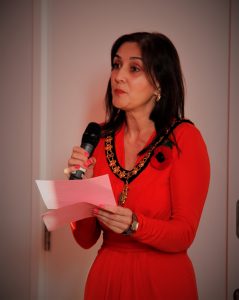
“In the current climate Bereavement Care is priceless and we value and appreciate you.”
Judy Silverton, Chair of the Conference Planning Group, thanked everyone for their involvement, not least the amazing sandwich makers, as well as local sponsors.
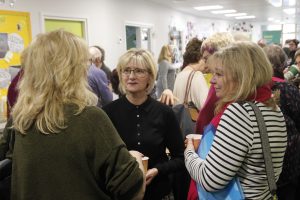 |
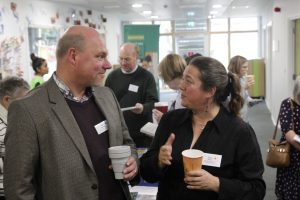 |
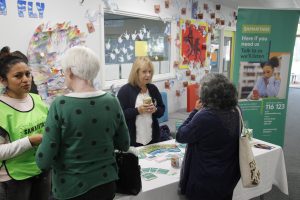 |
Written by Jane Harrison Photographs by David Pollak
37th Annual Conference “ALL OF A SUDDEN”
The aftermath of unexpected death
It’s the little things that matter when someone you love dies suddenly.
This was one of the most poignant moments of this year’s Bereavement Annual Conference on: ‘ All of a Sudden, the aftermath of unexpected death,’ held at Mosaic Reform Synagogue, Harrow on October 31st.
Many of the delegates, from multi-ethnic and non-religious groups and organisations, were in tears as Revd Craig Fullard spoke of Jill’s son, an organ donor and how he was treated by caring staff after his death.
Revd Fullard, from St Joseph’s Church, Wolverhampton and formerly chaplaincy team leader for the Royal Wolverhampton NHS Trust, said: “Never under-estimate it’s the little things that matter, like the nurse who told Jill she had brushed her son’s teeth.”
He spoke movingly of his own heartbreak when he and his wife suffered two miscarriages and what happened afterwards. He said: “We never forgot or forgave how we were told to queue, with everyone else, for the next appointment with tears streaming down our faces, but equally we also never forgot the wonderful doctor who let us talk and cry for as long as we needed. Being there is the ultimate thing.”
He told delegates about the swan box, used by the Trust, which guided staff on how to treat the bereaved and what can be comforting, such as photos, hand prints or locks of hair. He said: “It’s not about what I want, it’s about what they want. It’s our duty and privilege to be prepared.”
He said it was also about ‘thinking outside the box,’ like allowing a dying patient to be wheeled outside the hospital to say goodbye to his beloved horse.
Dr Anthony Kaiser, consultant neonatologist at St Thomas’ hospital, said unexpected death among children was still very low in this country and talking about death was still a taboo subject. He said: “Our aim is to provide the most healthy outcome for the survivors: giving them some anticipation is helpful, keeping them well-informed, use honest and plain language, involve them as much as possible.”
Unlike with an adult, he stressed the importance of building up memories. He said: A baby has never known anyone except their parents and hospital staff, so we become their family, which is why it’s very important to provide memories; permanent proof the child existed.”
He spoke about the importance of the five Bs: be straightforward, be honest, be human, be flexible and be there. He said:”If you can really be there for the family and really listen, it is something they will remember for ever.”
Ann Culley, chair of the Trustees for Survivors of Bereavement by Suicide, became involved in the charity after her brother, Gordon, killed himself. She said she was still amazed at the methods some youngsters chose to end their lives.
Like the 18-year-old who ordered a gas cylinder or the 14-year-old who killed herself with the drug used to kill criminals in America. She said: “There are so many reasons people have: financial, mental health issues, illness, but when it happens, the main question is why. Why didn’t they talk to me, why didn’t I realise something was wrong.
“People have said to me they would rather the loved one had been murdered, because they have chosen to kill themselves. They are left with feelings of guilt, abandonment and rejection.”
Patrick Green, chief executive officer for the Ben Kinsella Trust, set up in 2008 after the murder of Ben in Islington, gave a video showing the events leading up to his stabbing and the anti-knife campaign run by his family and in particular his sister, Brooke, who was awarded an MBE for her work.
He said: “Ben was a normal teen, not in a gang, doing well in school, who was murdered by three older boys who he had never met. What is happening to our society for a young boy to be murdered in this way?”
He talked about the ordeal faced by the whole family during the criminal investigation, press intrusion and abuse from the defendants’ families.
He spoke about a new inter-active project in Islington which was having a positive impact on youngsters and how lessons needed to be learned before they got into trouble.
DC Teresa Jimenez, a family liaison advisor with the Met, who has been involved in major incidents such as the London bombings and Grenfell Tower, said the most important thing was communication.
She said: “With Grenfell there were too many people involved. The families didn’t know who to speak to, about what. The process is very slow so sometimes the families got very frustrated.”
She talked about the support they gave during major incidents, as well as signposting people to further help, as well as the importance of self care.She said: “When you deal with one family after another it takes its toll. We have a passion for what we do, which keeps us going.”
After the speakers the delegates took part in discussion forums to explore the theme of the day and how to offer the relevant support.
Judy Silverton, chair of the conference planning group, thanked everyone involved, including the sandwich and cake makers.
_________________________________________________________________________________
Text by Jane Harrison Pictures by David Pollak
36th Annual Conference – Wednesday 1st November 2017
“RE-VISITING”
“Everyone wants a miracle.” Those were the words of our guest speaker at the 36th Annual Bereavement Care Conference held at Mosaic Reform Synagogue on November 1st.
Jim Kuykendall, a Gestalt therapist, clinical supervisor and lecturer, said: “If you think you have to provide a miracle, that’s a heavy burden. They want us to bring the person back, or make the pain go away, but we are not miracle workers.”
Speaking to a variety of religious and specialist groups and individuals, Jim said it was our role to support clients going through the pain of bereavement and guide them through the process.
He said: ”Our role is to accept where they really are, rather than where they, or society would like them to be. Unlike Brexit, bereavement means bereavement. It is a long-term process like a roller-coaster. Be present with them; just be.”
He said compassion was the key, towards ourselves, as well as our clients, and patience, “many people feel guilty for not feeling resilient enough.”
He spoke of the importance of normalising bereavement: “you can be angry twice. We must not try to compress a client’s grief to fulfil an organisation’s remit. If bereavement is not processed it never goes away. It is repressed.”
He added unprocessed bereavement could lead to aggression and mental health issues.
In response to feedback from last year’s conference, this year’s theme was Re-Visiting, a fresh look at bereavement support.
A series of workshops, led by experts, were held throughout the day, including boundaries, is listening enough, opening doors to children and young people, beginnings and endings.
Judy Silverton, chair of the conference planning committee, welcomed everyone and thanked them and various sponsors for their support. A superb lunch was made and served by a group of volunteers.
Jane Harrison
35th Annual Conference – Wednesday 2nd November 2016
To see a report of the 35th Annual Conference please click here
34th Annual Conference : Wednesday 14th October 2015 at Mosaic Reform Synagogue (Middlesex New Synagogue) Harrow
The 34th Annual Conference was, once again, a great success with a focus on grief and how it affects a bereaved person whatever their age and the age of those who are lost or are missing. Our five speakers: Dr Ruth Caleb (Head of Counselling, Brunel University); Carol Courtney (Dementia Specialist Matron for London North West Healthcare Trust); Dr Anthony Kaiser MD (Consultant Neonatologist, St Thomas’ Hospital); Sophie Lapham (Director of Services, Missing People) and Lesley Lopez (Children and Young People’s Lead, Cruse Bereavement Care Hertfordshire) each gave an insight into their particular area of work and the impact that one loss can have on a whole community of people “like ripples that are created when just one stone is dropped in a pond”.
The morning session ended with a Question & Answer session for the panel of experts and was followed by lunch and the opportunity to network and catch up with old friends.
In the afternoon, each of the presenters led a workshop on their given subject and gave delegates the opportunity to explore the subject in greater depth.
Huge thanks to our speakers and to our sponsors: Sobell Rhodes LLP, James Funeral Service, OGR Stock Denton, QFatima and the Leila Charitable Trust.
– – – – – – – – – – – – – – – – – – – – – – – – – – – – – – – – – – – – – – – – – – – – – – – – – – – – – – – – – – – – –
Our 33rd Annual Conference, “Lost and Found” with John McCarthy
Finding your way through bereavement, took place on Wednesday 22nd October 2014.
We were pleased to welcome journalist, writer and broadcaster John McCarthy C.B.E. as our keynote speaker. His address not only covered his terrifying kidnap by terrorists and subsequent captivity in the Lebanon for 1,943 days; but he also spoke with great emotion about the personal bereavement he had experienced through the loss of his close family. A DVD of John McCarthy’s address is available from the Bereavement Care office (£5 + p & p).
Some comments from participants:
- “My first conference. Will definitely book again.”
- “Excellent and very interesting speaker. The fact that his personal losses were so like anyone else’s was the best part for actually helping us as bereavement visitors.”
- “Inspiring day and well organised. Very thought provoking.”
Rabbi Kathleen de Magtige-Middleton talks to John McCarthy between his keynote address and the Question & Answer Session.
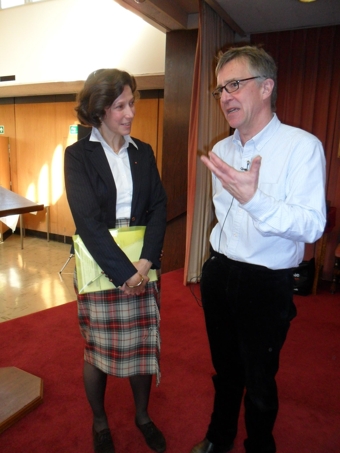
– – – – – – – – – – – – – – – – – – – – – – – – – – – – – – – – – – – – – – – – – – – – – – – – – – – – – – – – – – – – – – – – – – – – – – – – – – – – – – – – – – – – – – – – – – – – – – – – – – – – – – – – – – – – – – – – – – – – – – – – – – – – – – – – – – – – – – – – – – – – –
The keynote speaker at our 32nd Annual Conference was Trevor Hicks. Trevor Hicks was a founder member and first Chairman of the Hillsborough Family Support Group (HFSG) where he remains as President. You may like to download here Trevor Hicks’ talk.
